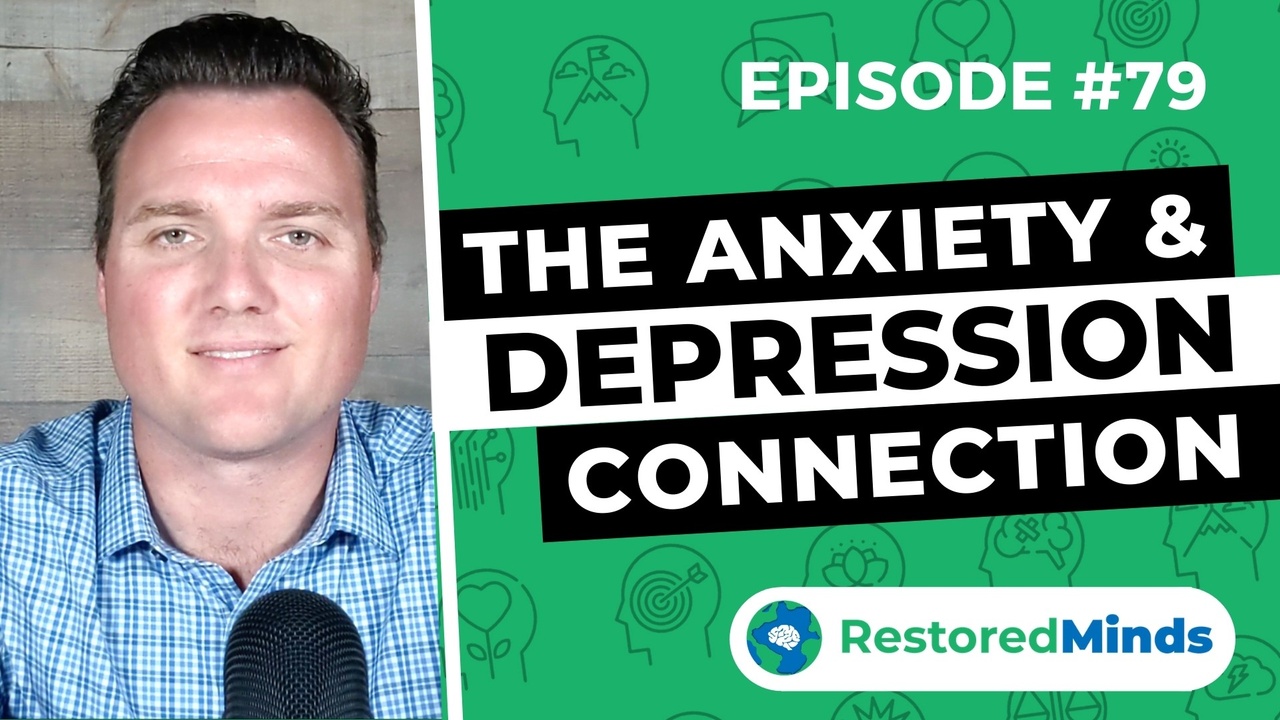The Anxiety & Depression Connection
Mar 19, 2021
Understanding the Connection Between Anxiety and Depression
A Spectrum of Experiences
Both anxiety and depression exist on broad spectrums. Anxiety can range from a slight jitteriness, perhaps felt before a big date or a work presentation, to full-blown panic attacks. Similarly, depression can vary from mild feelings of sadness to debilitating states where getting out of bed feels impossible.
Common Misconceptions
One of the common misconceptions we encounter is the belief that feeling anxious or depressed is inherently 'bad'. This belief often leads to a counterproductive cycle where we become hyper-vigilant and try to suppress these feelings, which only prolongs our discomfort. As the psychologist Carl Jung famously said, "What you resist, persists."
Identifying Primary vs. Secondary Feelings
When it comes to managing both anxiety and depression, identifying which one is primary and which one is secondary is crucial. For example, high levels of stress might lead you to feel depressed, which could then cause anxiety about that depression. Conversely, someone with chronic anxiety might start to feel depressed about the emotional toll their anxiety is taking.
Real-Life Examples
Imagine losing your job. Initially, you might feel depressed because of this significant life change. Over time, you could start to feel anxious about how long this depression will last or if it will ever go away, thus creating a loop that feeds itself.
On the flip side, if you experience long-term anxiety, the chronic state of stress could lead to depression. This often happens in conditions like OCD, where the constant anxiety can be so draining that it plunges someone into a depressive state.
The Role of Stress
Understanding the role of stress is vital. Both anxiety and depression are often stress-related disorders. High levels of stress can lead to your body needing a "deep rest" – a term that actor Jim Carrey aptly described as "depression." This concept highlights how our bodies sometimes need to shut down to recuperate and recover.
Normalizing the Feelings
A key takeaway here is to normalize these feelings. Experiencing anxiety or depression at different points in life is natural. It's when these feelings persist over long periods that they become problematic. Judging these feeling states as 'good' or 'bad' only exacerbates the issue.
Seeking the Right Help
If you’re dealing with both anxiety and depression, prioritize understanding which is primary. For instance, if your depression is driven by OCD, treating the OCD first may alleviate your depressive symptoms. Conversely, if a specific life event is triggering your anxiety, addressing that event first will likely help mitigate your anxiety.
Self-Care and Awareness
Taking care of yourself during these times is essential. Don’t rush through these feelings. Instead, allow yourself to recognize and process them. Sometimes, simply giving yourself permission to experience uncomfortable emotions can be a powerful step in managing them.


